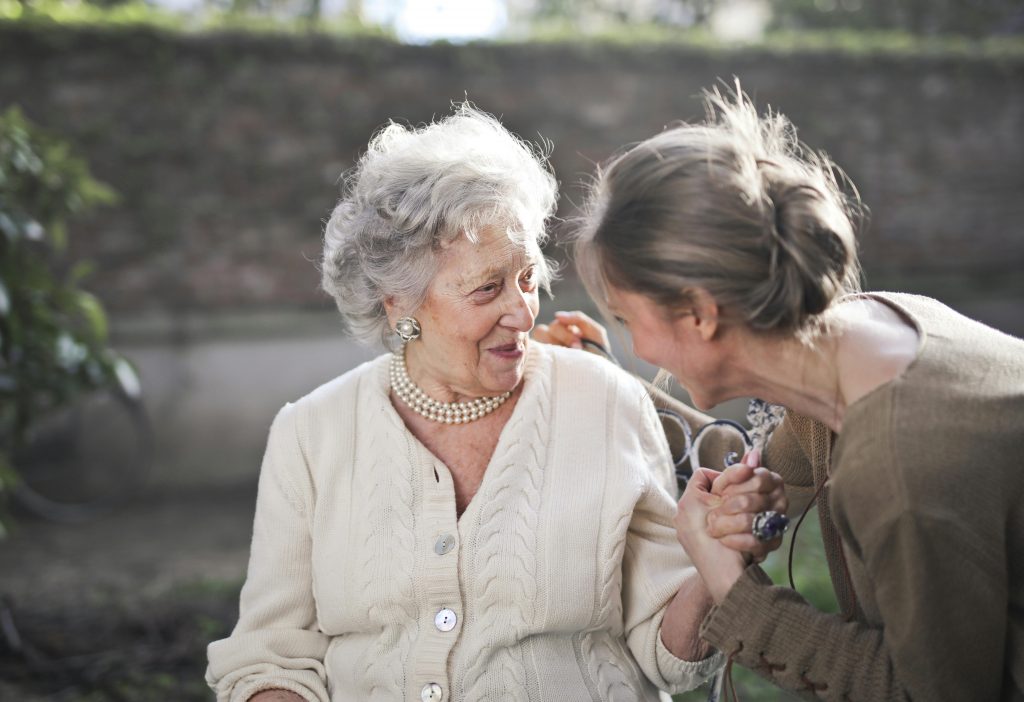Caring for an Aging Loved One – Tips for Busy Families


- Leverage a strong support network and outsource tasks to alleviate the pressures of caregiving for aging family members.
- Utilize community resources like adult day programs and home health aides to ensure comprehensive care for loved ones.
- Stay organized by keeping all vital documents and schedules in easily accessible places to reduce stress and oversights.
- Prioritize self-care alongside caregiving to maintain personal health and well-being, ensuring you can fully support your loved ones.
Caring for an aging loved one can be a challenging and overwhelming task, especially for busy families juggling work, children, and other responsibilities. However, providing care and support for your elderly family member is crucial to their well-being and quality of life. This blog will discuss essential tips to help busy families effectively care for their aging loved ones while balancing their own hectic schedules.
Create a Care Plan

The first step in caring for an aging loved one is to create a comprehensive care plan that outlines their needs, preferences, and any medical conditions they may have. This plan should include information on the following four things:
Medications
Medications are an essential aspect of caring for an elderly family member. Make sure to keep a list of all their medications, including dosages and schedules. It’s also crucial to monitor their medication intake closely and ensure they are taking the correct dosage at the right time.
Daily Tasks
An aging loved one may require assistance with daily tasks such as bathing, dressing, or cooking. It’s essential to identify which tasks your loved one may need help with and create a schedule for completing them. This will ensure that they receive the necessary support while also allowing you to plan your day accordingly.
Doctor Appointments
Regular doctor appointments are crucial for maintaining an aging loved one’s health. As a busy family, it can be challenging to keep track of these appointments. Consider setting reminders or enlisting the help of a home health aide to accompany your loved one to their appointments.
Emergency Contacts
In case of an emergency, it’s crucial to have a list of emergency contacts readily available. This list should include phone numbers for family members, doctors, and other essential contacts in case you are unavailable.
By having a clear care plan in place, you can ensure that your loved one receives the proper care and support they need. You can also share this plan with other family members and caregivers, making it easier for everyone to work together toward the well-being of your loved one. It’s essential to regularly review and update this care plan as your loved one’s needs may change over time.
Delegate Tasks
It’s essential for busy families to delegate tasks when caring for an aging loved one. Assign specific responsibilities to family members. For example, one family member may be in charge of scheduling doctor appointments, while another may handle grocery shopping or meal preparation. By sharing the workload among family members, you can prevent burnout and ensure that your loved one receives the necessary care.
You should also consider hiring outside help, especially if your loved one requires specialized care. A trusted home nursing care service provider can provide professional care and assistance, allowing you and your family to focus on spending quality time with your loved one. Choose a nursing care service that is reputable and has a good track record of providing quality care. They should also be able to tailor their services to meet your loved one’s specific needs.
Utilize Community Resources
Many communities offer resources and programs to support caregivers of aging adults. Take advantage of these services to help lighten the load on busy families. This could include adult day programs, home health aides, transportation services, or support groups for caregivers. These resources can provide much-needed assistance and respite for caregivers while ensuring that their loved ones receive the care they need.
Stay Organized

With so many responsibilities to juggle, busy families must stay organized when caring for an aging loved one. Keep all crucial documents in one place, such as medical records, insurance information, and legal documents like power of attorney or advance directives. Use a calendar or scheduling app to keep track of appointments and tasks. Being organized can help reduce stress and ensure nothing falls through the cracks.
Caring for an aging loved one while managing a bustling family life challenges our resourcefulness, patience, and time. However, families can navigate these waters more smoothly by leveraging a solid support network, outsourcing when necessary, utilizing community resources, and staying organized.
Remember, taking care of yourself is just as important as the care you provide; maintaining your health and well-being ensures that you can be there for your loved ones when they need you most. Ultimately, the caregiving journey can strengthen family bonds and create enduring memories. With the right approach and resources, families can rise to the challenge and provide their aging loved ones the love and care they deserve.







